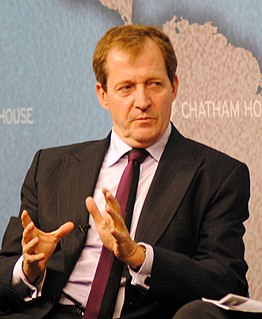A Quote by Marilynne Robinson
When you encounter another person, when you have dealings with anyone at all, it is as if a question is being put to you. So you must think, What is the Lord asking of me in this moment, in this situation?
Related Quotes
There are people who, when they encounter inability to understand, do not ask the Lord. But one must immediately say, "Lord, I am a sinful man and I don't understand as I should. But give me understanding, merciful One, as to how I must proceed." And the merciful Lord then inspires them as to what to do and what not to do.
If you're going to live in a community, you have to refrain from killing one another and stealing from one another. You must have honor and honesty in your dealings with one another. But I think the deeper thing that we need to do is to become so fully human that we don't grasp at life; we give life away. We give love away. We give being away. That is the ultimate work of religion.
If you don't put the spiritual and religious dimension into our political conversation, you won't be asking the really big and important question. If you don't bring in values and religion, you'll be asking superficial questions. What is life all about? What is our relationship to God? These are the important questions. What is our obligation to one another and community? If we don't ask those questions, the residual questions that we're asking aren't as interesting.
One of the reasons that metaphor and symbolism are important in books is because they are also important to life. Like, for example say you're in high school and you're a boy and you say to a girl: "Do you like anyone right now?" - that's not the question you're asking. The question you're asking is, "do you like me right now."
I can think about what [Mahatma] Gandhi said or [Martin Luther] King said about violence begetting violence, and still be true to my job by asking myself the question whenever we're confronted with a situation where some may be arguing for military action: Will this actually result in America being safer, or the most lives being saved?
No one can teach, if by teaching we mean the transmission of knowledge, in any mechanical fashion, from one person to another. The most that can be done is that one person who is more knowledgeable than another can, by asking a series of questions, stimulate the other to think, and so cause him to learn for himself.
I'd almost say hope isn't what it used to be. It's very difficult today to be a teacher. I speak to children. And tell them, look, no matter what, you must have hope. You must. When I invoke Camus, who said when there is no hope, you must invent hope. . .hope is something that is not what God gives us. It's like peace. It's a gift that one can give to one another. Only another person can push me to despair. And only another person can push me to hope. Its my choice.







































